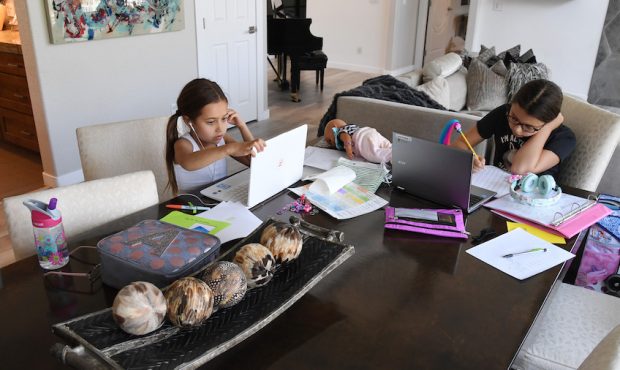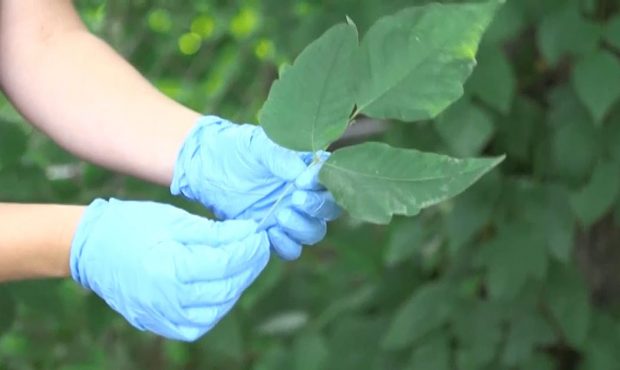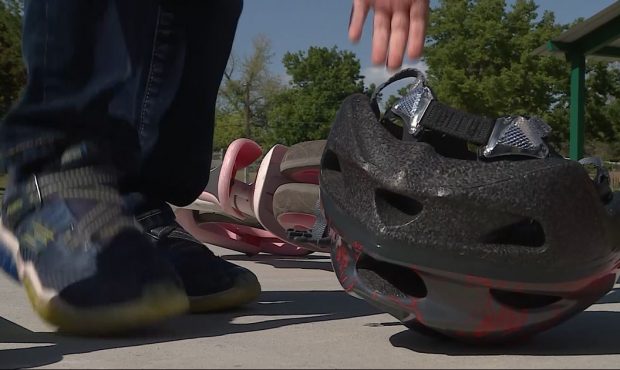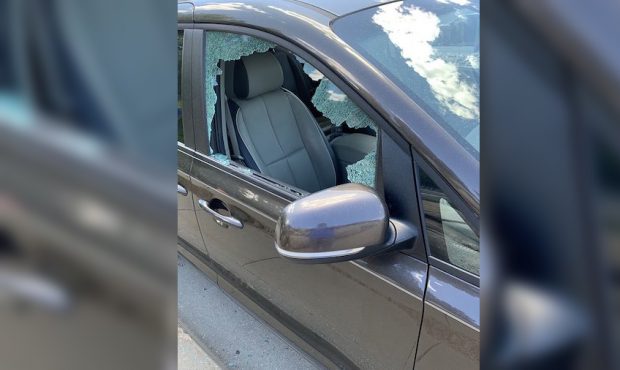Safe In 60: Protecting The Elderly From Scams
Mar 8, 2021, 5:00 AM | Updated: 1:37 pm
SALT LAKE CITY, Utah – Most of us have received them, some of us several times a day — that recorded message or live person trying to get us to give up personal information or money. Whether it be by phone, text, in person or email, scammers are always finding creative ways of trying to get us to part with our money.
Fortunately, many of us have become wise to these evolving scams. But our parents and grandparents fall victim more than any other group.
Why is this? They tend to be more trusting, more likely to have financial savings or assets, and unfortunately, they are less likely to report if they become a victim of fraud.
Losing money or possessions can be especially devastating for seniors, for they may not have the means to earn back what was taken from them.
What can we do to help protect our senior friends and family members?
- Stay involved in their life. Prevent feelings of isolation, which can open them to financial exploitation and scams. It may be more difficult in these times, but a regular phone call can go a long way.
- Teach them about the dangers of online and in-person fraud. Most seniors don’t think they are at risk of fraud, making them more likely not to take precautions. Talk to them about the most common types of scams. Some of the most common are:
- Alleged emergencies involving family members. Scammers may pose as a grandchild needing bail money or other immediate payment.
- Lottery/sweepstakes winnings, asking them to pay the taxes on their winnings.
- Phone calls from government agencies threatening arrest or penalties.
- Fake emails from amazon, Netflix, or iCloud saying there is a problem with their account.
- Coronavirus stimulus check scams.
- Be aware of new friends or romances. It could be just a new friend, or it could be someone looking to take advantage.
- If you help them with finances, regularly get a copy of their credit report and set up safeguards at their bank requesting withdrawals notifications. Consider getting a separate debit card that carries a smaller balance, providing another layer of protection from their entire account being emptied.
- Be sensitive if they become a victim of a financial scam. Many don’t report to the police because they are ashamed or don’t want their family to lose confidence in their abilities to manage their finances.
If you know someone is a victim of fraud, help them report it. Last year the U.S. Attorney’s Office launched the National Elder Fraud Hotline to assist the elderly who have been victimized by scammers. The toll-free number is 833-FRAUD-11 or 833-372-8311. They are available every day 6 a.m.-11 p.m. Eastern Time.
More references
5 Ways to Stop Senior Citizen Scams – Consumer Reports
National Elder Fraud Hotline | Office for Victims of Crime (ojp.gov)












